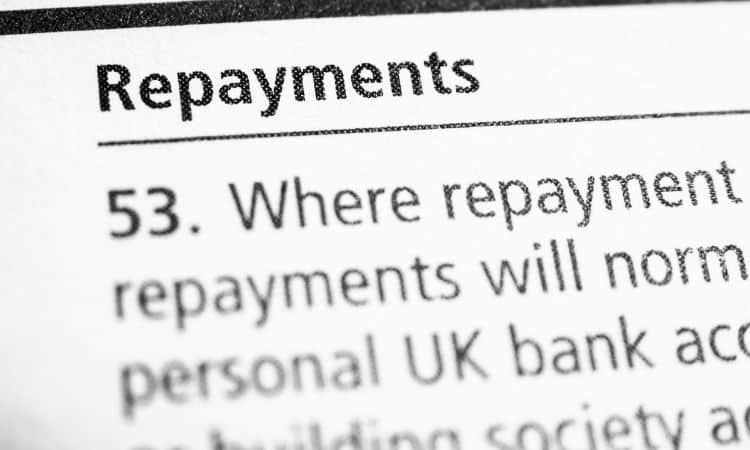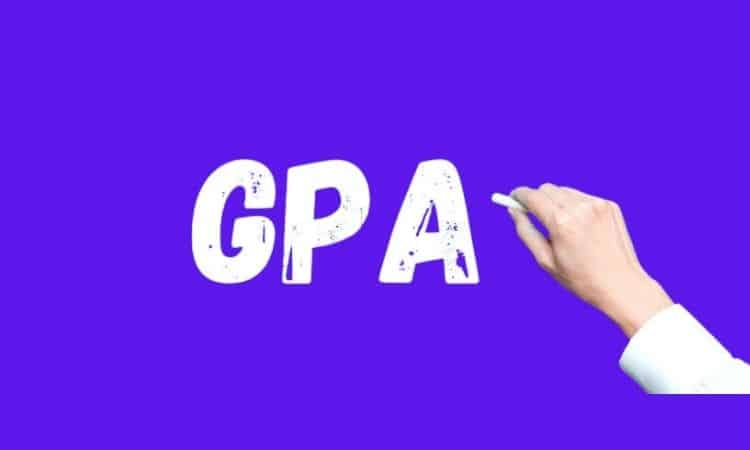Failing a class at a college can often become a big issue. It depends on the college where you’re studying and the course. Actually, in some cases, failing a class might not matter at all. However, it’s best not to fail and take every step to clear the class with a good GPA.
Now, one of the fears that college students often have is: what happens if I fail a class? Actually, lots of things can happen. This depends on what went wrong and the practices that your college follows.
In this article, I will discuss about what happens if you fail a class at college.

Two Scenarios if You Fail a Class
Here’re two worst-case scenarios that you would have to face, if you fail a class at college. These can prove disastrous to your career too. That’s the reason it’s best to attend all classes at college and ensure that you pass every class with a good GPA.
Here’re these two scenarios.
Suspension or Repayment of Federal Air

As a college student that fails a class, you would have to repay the amount of Federal Student Aid that the government offers if you’ve taken this facility to meet your fees and other expenses.
You would have applied for this money through the Free Application for Federal Student Aid (FASFA) at the time of joining college.
This Federal aid comes with terms and conditions. Basically, these terms and conditions are to ensure that the money is utilized properly by attending all classes at college and getting proper GPAs.
Depending on the course you’re studying, you might either have to repay the Federal-aid that was given during the term or year. And, your future aid would be suspended, till the college gives a green signal for its resumption.
Often, the Federal-aid depends on several factors such as your GPA and passing the class. Usually, a GPA between 2.0 and 3.0 is considered as satisfactory.
However, for subjects where GPAs are not specifically given, the Department of Education has other ways to find if you’re using the funds appropriately. This means, future Federal aid can be suspended or even canceled by the government.
Low GPA

Some colleges and universities require you to hold a specific GPA every year, during the four years of study of an undergraduate course or two to three years of a post-graduate course. Unless you have that much GPA, you wouldn’t be considered for graduation and certification.
This means, failing a class at college can delay your degree, despite several years of studies and the expenses. This, in turn, can set back your life by a few years.
If you hold a degree, you could get several high-paying jobs. However, if you don’t hold a degree, you’ll have to settle for jobs that pay less.
A lower-paying job means delays in repaying a student loan, which translates as a poor credit score. As a result, important decisions such as buying a house or even marriage could be delayed.
Hence, always prepare well for the class and make sure you don’t fail a class at college.
Things to Do if You Fail
There’re a few things you’ll have to do if you fail a class at college. These can help save the situation, but you might not be able to escape the consequences of failure fully.
Inform Federal Students Aid Offices

The first thing to do is inform the local office of the Federal Student Aid that you might fail a class, if you’re unprepared.
That way, you might be able to escape repayment or suspension of Federal Student Aid, to some extent and only in certain cases. Make sure you have very strong reasons to justify that you’ll fail a class.
Rework the Class

Generally, colleges allow students to rework and reattend a class if they fail. That means, you would be spending extra time at college attending all the classes, till you pass.
This might sound like a small price for failing a class at college, but it’s not. Actually, you would be wasting quite a few months, if not a year or more, in attending these classes, instead of graduating.
Work with Faculty

And finally, you would have to work with faculty members to ensure that you clear the class on the second attempt. This is also time-consuming and you will be spending a lot of extra hours during the week on this pursuit.
Furthermore, all professors and faculty might not be easily available to conduct extra classes for you.
In Conclusion
Failing a class is very bad since it can set back your career drastically. On the personal front, it can be very embarrassing to fail a class at college. Therefore, prepare for the class in the best possible ways and avoid failure.






